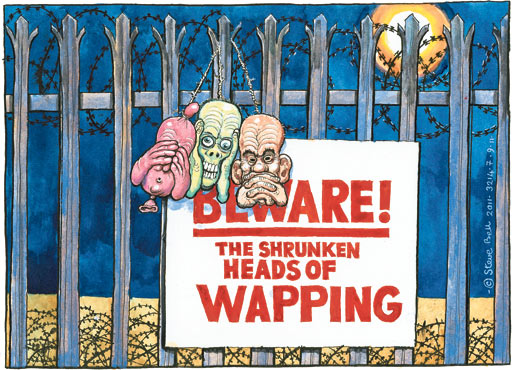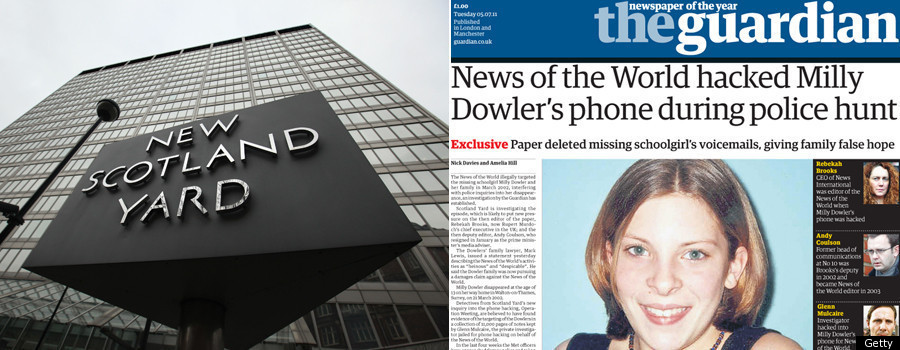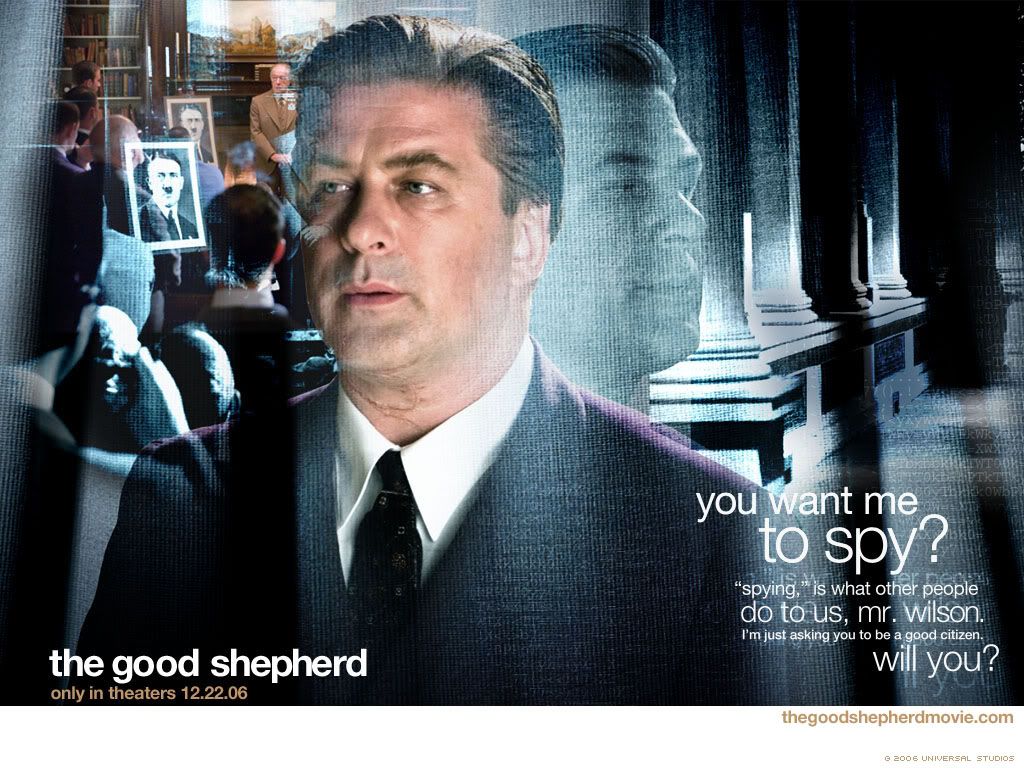Former Blair insider speaks of culture of fear of MurdochMark Colvin reported this story on Thursday, September 8, 2011 18:22:00
Listen to MP3 of this story ( minutes)
Alternate WMA version | MP3 download
MARK COLVIN: Late last week, Rupert Murdoch's wife, Wendi Deng unwittingly gave Vogue magazine a scoop. She told the fashion magazine that the former prime minister, Tony Blair was godfather to her and Mr Murdoch's daughter, Grace.
This had apparently been kept secret for almost a year and a half.
In the pictures of the christening on the banks of the Jordan, friends of the Murdochs like Nicole Kidman and Hugh Jackman are visible but Mr Blair is not.
Wendi Deng also told Vogue that Tony Blair was one of Rupert Murdoch's closest friends.
The news has caused a certain amount of shock in Britain's Labour Party, which Tony Blair led for more than a decade.
Chris Mullin was a highly respected member of the Blair government and chaired the important Home Affairs Committee, although his tendency to speak his mind meant the prime minister never elevated him higher than parliamentary under-secretary.
He had many friends, however, and his three volumes of diaries have been hailed as among the best for a generation.
Chris Mullin says the Murdoch empire held successive Tory and Labour governments in the grip of fear.
CHRIS MULLIN: Oh I think it was a factor in almost everything they did in relation to Europe certainly, in relation to media ownership and of course it wouldn't just be an issue about newspapers, Murdoch had effectively a controlling interest in Sky Television here, which is in 60 per cent of homes.
I think that successive governments, by which I mean not just the Labour government but also previous Tory governments, were scared. The Murdoch empire got so big that politicians of both the main parties were scared of them and that almost all major decisions in which Murdoch was thought to have an interest, it wouldn't just be Murdoch it would be other elements of the press too, but especially Murdoch, all major decisions had to be thought about very carefully as to how the media would react.
MARK COLVIN: So there was a procession of editors and proprietors in and out of Downing Street and the ministries?
CHRIS MULLIN: I think that's been the case for a long time. Yes, but it certainly was true under the Blair government, especially under the Blair government, and you know Murdoch always used to enter by the back door in Downing Street. There's a back gate that leads into the garden.
We challenged Blair about this on several occasions because I sat on a committee with him for several years. He'd laugh about it, and in reference to the newspaper proprietors, and say I love them all equally. But I think he loved one or two more than others.
MARK COLVIN: So how did you react to the news that came out this week that Tony Blair was godfather to Rupert Murdoch's daughter?
CHRIS MULLIN: Well I must say I was a bit taken aback by that. I perfectly understand the strategy of thinking that, you know, Murdoch's too big to confront openly and therefore you've got to tread very warily when dealing with him. I understand that. I differ from it but I understand that.
But I must say that I was a bit taken aback to discover that they are still in each other's pockets so many years after Blair left power here. They obviously have formed some kind of personal friendship.
MARK COLVIN: And indeed Wendi Deng, Mrs Murdoch, says that Tony Blair is one of Rupert Murdoch's closest friends.
CHRIS MULLIN: Well that's what she says. I'd be a bit surprised about that but yes, well if that's so I'm disappointed, that's all I can say about that.
MARK COLVIN: But how does it mesh with, for instance, Gordon Brown after having his privacy severely impinged on in going to social events with the Rebekah Brookses of this world and the way that people who you would have thought would have been absolutely disgusted by what had happened to them still having these really close relationships with News International people?
CHRIS MULLIN: Yeah it's very odd isn't it? Brown clearly thought it in his interests also to form a relationship with the main media moguls because pictures exist of both Blair and Brown embracing the dreadful Rebekah Wade. Also Brown formed an extremely close relationship with Paul Dacre who's the editor in chief of the Harmsworth newspapers, the Daily and Sunday Mail which if anything is more hostile to Labour than the Murdoch empire.
It's very odd but I think the answer is that these institutions, these papers, these media empires are so big now that successive politicians became afraid of them.
MARK COLVIN: So it's a relationship based on fear?
CHRIS MULLIN: I personally think that, yes. I think that's right. But the sheer damage they can inflict, you've got to bear in mind, you see that The Sun and The News of The World, as it was, it's now gone happily, our newspapers have gone through the door of about maybe 40 or 50 per cent of Labour votes. So it's not an irrelevant consideration if you depend on votes for a living and this will be coming through every single day, plus as I say, Sky Television, which to be fair to Sky Television is strictly regulated and therefore has not been in a position to abuse its position politically anyway.
But given that you know maybe half of potential Labour voters, many of those you want to attract, are reading The Sun or The News of The World or the Daily Mail or the Mail on Sunday, if you're a political leader you do have to pay attention to how you relate to these institutions. You can't just take them all on at once.
MARK COLVIN: It's remarkable to see now people speaking out who have never spoken out before. Do you think the fear has lifted?
CHRIS MULLIN: I do. And I think this is a moment and it's the only moment in my political lifetime when it's possible to do something about these empires that got too big for their boots. I'd like to see them broken up. It's still an open question as to whether the politicians will pluck up the courage to take them on. There'll be a bit of tighter regulation I'm sure and phone hacking will be outlawed and there'll be much hand wringing about all that.
But I still suspect that nothing much will happen. It's a consistent theme in British politics for the last 25 years and this is the moment. It could be broken now in my view. I'm sure all politicians will be much more cautious in the future and I'm sure that the power, certainly of Murdoch though not necessarily of The Mail, is greatly diminished but I would like to see them broken up.
I would like to see nobody allowed to own more than one daily and one Sunday newspaper. I'd like to see a much tougher definition of what constitutes a fit and proper person to have a controlling interest in the British national media.
For example we have a pornographer who owns the Daily Express and the Sunday Express and Channel Five television and he grossly abuses his position too. I'd like to see something done about that.
MARK COLVIN: Chris Mullin whose third volume of diaries, A Walk On Part, has just been published. And you can hear a longer version of that interview going right back to when Tony Blair became leader in 1994 on our website from this evening.







